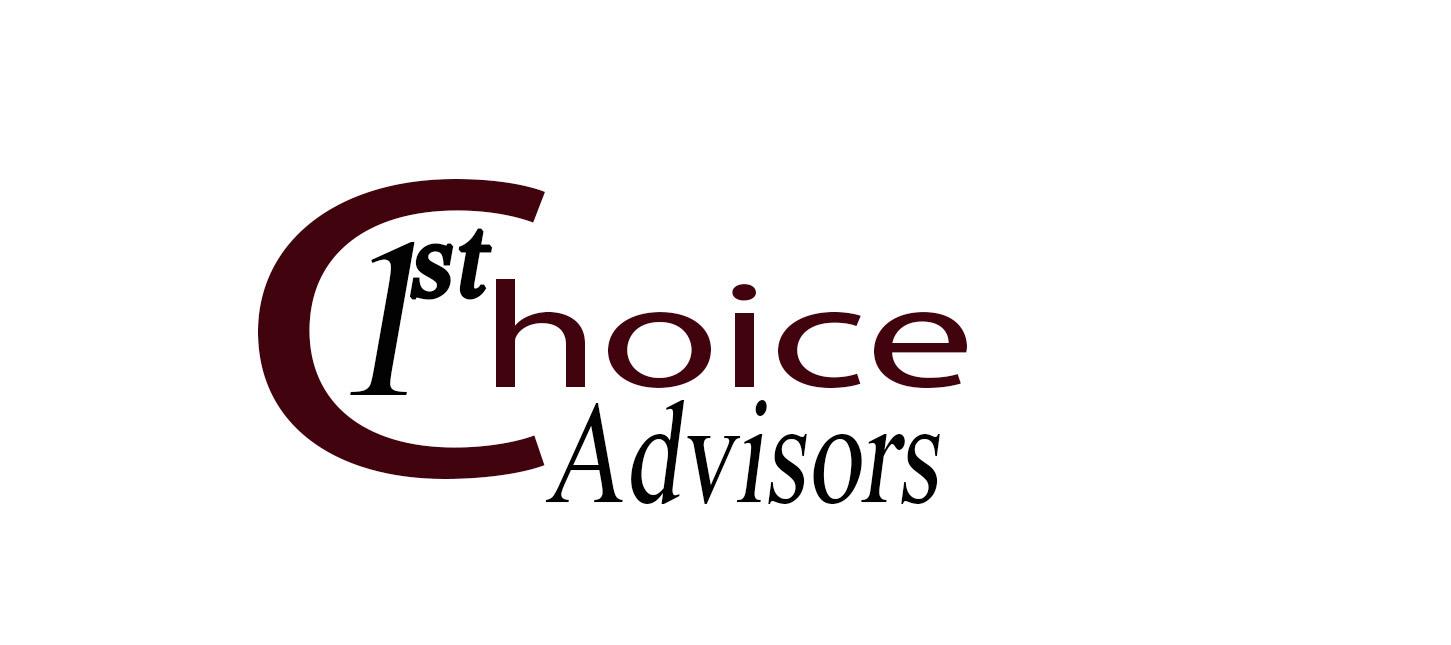How to Know When Your Nonprofit is Ready for the Cloud
Abila’s How to Know When Your Nonprofit is Ready for the Cloud by Michelle Garcia, August 17th, 2018
How do YOU know when your nonprofit is ready for the cloud?
If you’ve been in a professional setting at any point within the last 20 years, you’ve heard about “the cloud.” You don’t even need to be a member of the IT department to have heard about it. Everywhere we turn these days, whether to an app, a technology partner, or our cell phone provider, we’re being encouraged to save our files to “the cloud.” Why? Why is migration to cloud computing a growing movement amongst individuals and especially organizations, such as nonprofits? And, how do you know when your nonprofit organization is ready to move to the cloud?
The good news, according to the 2018 State of the Nonprofit Cloud report, is that cloud computing has become less intimidating, more beneficial, and nonprofits are migrating to the cloud at a steady clip:

And, although challenges to cloud service implementation still exist, there are many ways to overcome them to enable an efficient, flexible, and secure cloud migration experience.
First, identify and weigh the benefits of moving your nonprofit to the cloud:
- Accessibility anywhere, anytime
- Reliability on vendor expertise for IT support
- Recovery from disasters
- Security protection
- Exceptionally performing software programs
- Flexibility with scalability
- Accountability and uptime
Next, recognize potential risks, as it is important for nonprofit professionals to discuss and anticipate for preventative actions.
- Training and support are crucial for a successful implementation. Make sure this step is added to the migration roadmap, with names, titles, and responsibilities clearly outlined.
- Long-term support is another key factor and will guarantee there is a team available in times of need.
- Contingency plans if the migration is not running as smoothly as expected. Nonprofits should be clear with their cloud vendor if there is a desire to move back to on-premises management. Your nonprofit should have a choice when it comes to moving to the cloud. Nonprofits should not be forced to migrate if their organization is not ready for the implementation.
Once benefits are agreed upon and risks are recorded, the next step is to establish a strategy that will provide the nonprofit’s executives and board members the confidence in the migration plan. Here’s how to accomplish that:
- Cost – Establish a cost analysis between on-premises software and cloud-hosted software. This can be completed through a Total Cost of Ownership (TCO) comparison guide.

- Strategic Planning – Your nonprofit plan should include how the migration will support the bottom line and mission of the organization. Highlight the benefits for cross-discipline groups – IT, finance, marketing, research, development, and support. By sharing this information, and gaining input from leaders of each department, you will help establish buy-in before an implementation starts.
- Research Documentation – There are several good resources a nonprofit can leverage as support for a migration, such as case studies from like-organizations. The ability to demonstrate successes with your selected vendor and/or their customers will elevate confidence across executives and staffed teams.
- Compare Services Available – A well-rounded business case typically includes criteria-driven vendor selections, such as:
- Reputation – Conduct online searches via trusted technology publications, channel partners, and news outlets for the vendor brand and reviews. Instinctually, you’ll be able to eliminate and/or add to your list of choice vendors.
- Technical Documentation – Request access to vendors’ technical instructions and system performance analysis for organizations that match your nonprofit. Ask them about their mitigation plans for nonprofits.
- Vendor Team Structure – Gain a clear understanding of who would be working on your implementation and the hours for which they will be available. Particularly for any potential outages, ask them to share their processes and average recovery times.
- Security – What steps and guarantees will the chosen vendors provide to ensure your data is secure? This is one of the biggest concerns nonprofits have when it comes to moving to the cloud. Since cloud migration has been happening for years now, this should not be difficult for vendors to address.
By comparing vendors and services, apples to apples, you will be able to quickly assess those you want to request an RFP from, versus those you may want to eliminate.
Migrations to the cloud don’t have to be overwhelming or scary. However, any software vendor you’re using should offer you the choice when it comes to your preference for either on-premises or in their cloud. By following the recommendations shared in this blog, you can equip your nonprofit with the necessary information to effectively migrate with confidence!


